How Sony Destroyed Microsoft in the Video Game Marketing Wars
 There's also been a healthy rivalry between video game consoles, especially between Sony and Microsoft. The heavyweight championship bout between these giants is at one of the video game world's most important events: E3.Microsoft fumbled with their announcement of a new system, the Xbox One, confusing gamers with convoluted used game policies (essentially, you can't lend your games to a friend unless you meet certain criteria), the claim of it being this generation's "VCR" or entertainment hub, and the need for users to connect online every 24 hours. The high price tag didn't help either.It didn't take long for Sony to capitalize on the frustration of gamers: when it was their turn to announce the PS4, they took all of the anger against Microsoft's Xbox One and fueled their new marketing pitch:
There's also been a healthy rivalry between video game consoles, especially between Sony and Microsoft. The heavyweight championship bout between these giants is at one of the video game world's most important events: E3.Microsoft fumbled with their announcement of a new system, the Xbox One, confusing gamers with convoluted used game policies (essentially, you can't lend your games to a friend unless you meet certain criteria), the claim of it being this generation's "VCR" or entertainment hub, and the need for users to connect online every 24 hours. The high price tag didn't help either.It didn't take long for Sony to capitalize on the frustration of gamers: when it was their turn to announce the PS4, they took all of the anger against Microsoft's Xbox One and fueled their new marketing pitch:
 Sony didn't claim to create a new entertainment hub. Instead, they focused on gaming (though the PS4 still offers many of the entertainment capabilities). They focused on a significantly lower price.In less than 24 hours, they produced a 22 second video that went viral, acquiring nearly 8.5 million views in the first two days. It was a simple message that took apart Microsoft's convoluted marketing message and policy about used games:[youtube=http://www.youtube.com/watch?v=kWSIFh8ICaA]Have you heard of "Just in Time Inventory"? This is what I'd call Just in Time Marketing. It's understand your band and your target audience so well that you can react to market changes instantly. It's the "Oreo cookies tweet in the Superbowl" kind of moment. It's organic marketing.The best part of this is how fans took to the direct challenge. It inspired a wave of animated gif's, posts, and social media messages that tore Microsoft a new one:
Sony didn't claim to create a new entertainment hub. Instead, they focused on gaming (though the PS4 still offers many of the entertainment capabilities). They focused on a significantly lower price.In less than 24 hours, they produced a 22 second video that went viral, acquiring nearly 8.5 million views in the first two days. It was a simple message that took apart Microsoft's convoluted marketing message and policy about used games:[youtube=http://www.youtube.com/watch?v=kWSIFh8ICaA]Have you heard of "Just in Time Inventory"? This is what I'd call Just in Time Marketing. It's understand your band and your target audience so well that you can react to market changes instantly. It's the "Oreo cookies tweet in the Superbowl" kind of moment. It's organic marketing.The best part of this is how fans took to the direct challenge. It inspired a wave of animated gif's, posts, and social media messages that tore Microsoft a new one:

 While Forbes released an article arguing how Microsoft can recover from such a staggering defeat, they only look at price cutting and product features. There is nothing about how Microsoft can win all of the social capital that they lost. In this instance, it was clear that Microsoft lost sight of their target audience: hardcore gamers. They made the classic mistake of getting so caught up in their own accomplishments, they forgot who their audience was. That is a much longer and more difficult recovery.
While Forbes released an article arguing how Microsoft can recover from such a staggering defeat, they only look at price cutting and product features. There is nothing about how Microsoft can win all of the social capital that they lost. In this instance, it was clear that Microsoft lost sight of their target audience: hardcore gamers. They made the classic mistake of getting so caught up in their own accomplishments, they forgot who their audience was. That is a much longer and more difficult recovery.
